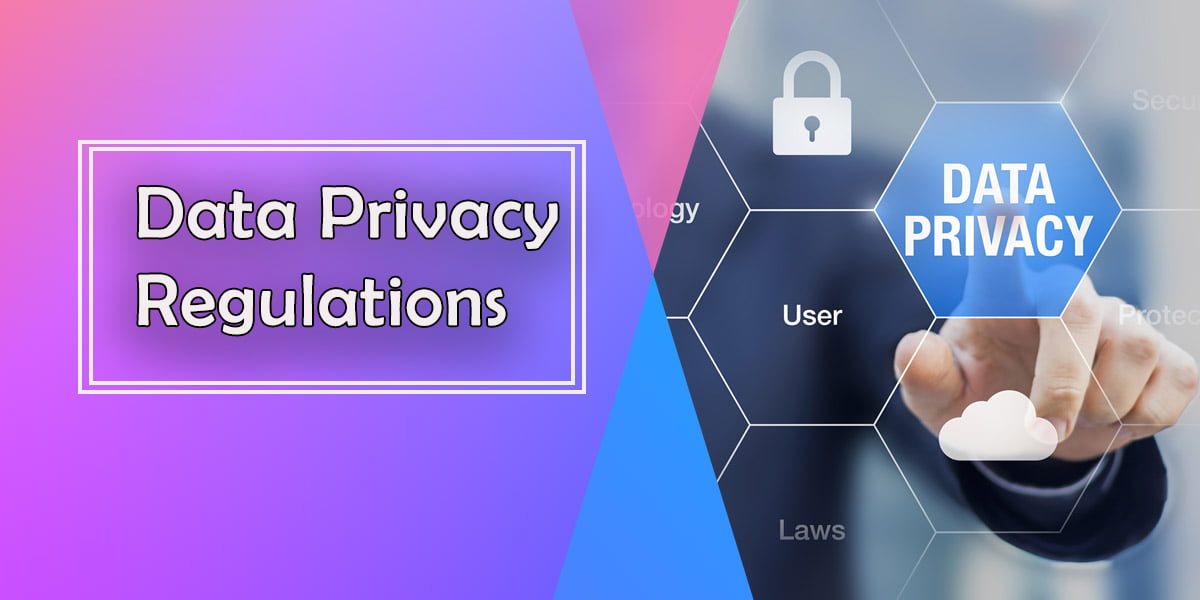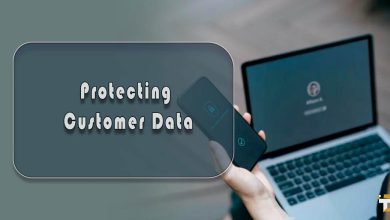Data Privacy Regulations: Compliance and Best Practices
Data privacy regulations protect the personal information of individuals and establish guidelines for handling and storing data securely. Following these regulations is a legal requirement for maintaining customer trust and avoiding issues. This read will explore data privacy regulations, explore their significance, and provide actionable practices to achieve proper data privacy.
Data privacy regulations are laws and policies that governments and regulatory bodies follow to protect personal information collect and process through organizations. These regulations outline the rights of individuals regarding their data and specify that companies should fulfill to protect that data.
Key Data Privacy Regulations
General Data Protection Regulation (GDPR)
It is a proper data privacy regulation that came into effect in the European Union (EU) in 2018. The GDPR gives individuals greater control over their data, introduces strict consent requirements, and establishes hefty penalties for non-compliance. It has significantly influenced global data privacy standards and has inspired similar regulations in other regions.
California Consumer Privacy Act (CCPA)
It is a data privacy law in the United States which apply in 2020. The CCPA assists businesses to meet certain criteria and have customers in California, making it one of the country’s most effective data privacy regulations.
Personal Information Protection and Electronic Documents Act (PIPEDA)
Canada’s federal privacy law governs private-sector organizations’ collection, use, and disclosure of personal information. PIPEDA establishes principles for the proper handling of personal data and requires organizations for its collection and use. It also grants individuals the right to access their information and request its correction.
Health Insurance Portability and Accountability Act (HIPAA)
It is a United States federal law that focuses on the privacy and security of individuals’ health information. It establishes standards for protecting electronic health records (EHRs) and ensures the privacy of sensitive medical data integrity.
European ePrivacy Directive
The European ePrivacy Directive complements the GDPR by addressing specific privacy concerns related to electronic communications. It governs the use of cookies, direct marketing, and communication privacy. It protects individuals’ privacy in the digital way and requires organizations to obtain consent before using cookies or sending electronic marketing communications.
Children’s Online Privacy Protection Act (COPPA)
It applies requirements on website operators and online services associated with children, require getting consent for the personal information of young users. COPPA is an essential reasonable security measure to protect children’s data. Get to know about The Rise of Decentralized Finance now.
Australian Privacy Principles (APP)
The Australian Privacy Principles (APP) form part of the Privacy Act 1988 and regulate the handling of personal information by Australian government agencies and organizations. The principles cover various aspects, including collecting, using, and disclosing personal data and individuals’ rights to access and correct their information. The APP promotes transparency, accountability, and the protection of individual privacy rights.
The Significance of Data Privacy Regulations
Data privacy regulations have gained significance due to several reasons:
- Protecting Personal Information: Regulations protect individuals’ data from unauthorized access, use, and disclosure, reducing the risk of identity theft and fraud.
- Enhancing Trust: Move with data privacy regulations improves customer trust and confidence in organizations. It shares a commitment to protecting their privacy and developing long-term relationships.
- Avoiding Penalties and Reputational Damage: Rejection of data privacy regulations can result in fines, legal liabilities, and reputation damage. Go for these regulations helps organizations avoid and choose different choices.
- Global Market Access: With the rise of cross-border data transfers, choose regulations like GDPR open doors to international business opportunities and partnerships.
Best Practices for Data Privacy Compliance
Organizations should implement the following best practices:
Conduct a Data Privacy Audit
Start by conducting a comprehensive data privacy audit to identify and evaluate the types of personal data collected, stored, and processed within your organization. Assess the associated risks and document the necessity for protection of data privacy.
Obtain Informed Consent
Obtaining informed consent from individuals before collecting their personal information is a fundamental requirement of data privacy regulations.
Secure Data Storage
Securely store and transfer data using encryption, access controls, and secure network protocols. Regularly update software to address issues and ensure data backups are performed to end impact system failures.

Protecting Data
Develop clear policies for data collection and deletion to ensure personal information as long as necessary. Regularly review and securely use required data, following appropriate legal and regulatory requirements.
Train Employees on Data Privacy
Educate employees about data privacy regulations, responsibilities, and best practices for handling personal information. Conduct regular training sessions to know about awareness and ensure security for the organization.
Implement Incident Response
This plan should include a communication strategy to notify individuals and relevant authorities about the specified times allowed with the regulations.
Sum up
Data privacy regulations play a vital role in protecting individuals’ personal information and ensuring responsible data-handling practices by organizations. By selecting these regulations and implementing best practices, businesses can establish a foundation for data privacy compliance.





